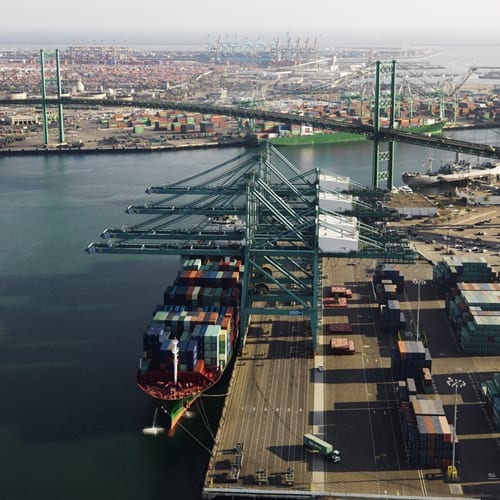Oil shipping companies and others who work with liquid cargo should be wary of the different conditions that are covered by sufficient marine crew insurance. A recent case examined in an American Fifth Circuit court looked at the rules of employee overtime and how they apply to the crew that work on tank barges.
In this case, Coffin v. Blessey Marine Services, Incorporated, nine plaintiffs argued that their employer owed them overtime payments for loading and unloading tank barges. The workers contended that they regularly worked more than 80 hours every seven days, well outside the standard 40-hour workweek as defined by the Fair Labor Standards Act. Under this legislation, employees that work longer than 40 hours during that period need to be give time-and-a-half compensation.
However, the court found that in this case, the workers were acting as "seamen," not "tankermen" when they were carrying out these duties. As such, they didn't qualify for overtime payment because the loading and unloading were just a part of the many other tasks they had to perform while living aboard their vessel.
"Blessey has produced undisputed evidence evincing that these vessel-based tankermen performed their loading and unloading duties with an eye toward navigation and were required to perform such duties safely so that the vessel could safely operate on inland and oceanic waterways," the text of the ruling reads.
The case also made reference to previous similar disputes, such as Owens v. SeaRiver Maritime, Inc., which the court ruled did not change the status of the workers in the eyes of the law. Before selecting marine insurance, operators should review the list of duties their crew will have to perform and establish whether they will be considered seamen or some other job title.

